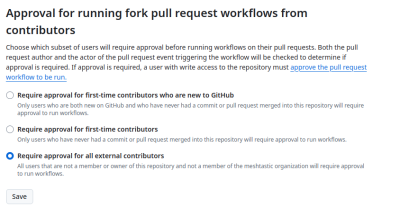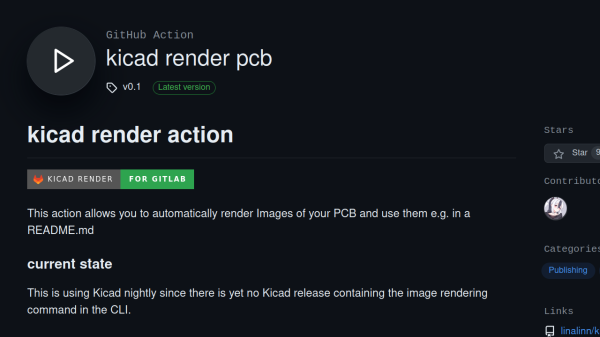There’s a clever “new” attack against VPNs, called TunnelVision, done by researchers at Leviathan Security. To explain why we put “new” in quotation marks, I’ll just share my note-to-self on this one written before reading the write-up: “Doesn’t using a more specific DHCP route do this already?” And indeed, that’s the secret here: in routing, the more specific route wins. I could not have told you that DHCP option 121 is used to set extra static routes, so that part was new to me. So let’s break this down a bit, for those that haven’t spent the last 20 years thinking about DHCP, networking, and VPNs.
So up first, a route is a collection of values that instruct your computer how to reach a given IP address, and the set of routes on a computer is the routing table. On one of my machines, the (slightly simplified) routing table looks like:
# ip route
default via 10.0.1.1 dev eth0
10.0.1.0/24 dev eth0
The first line there is the default route, where “default” is a short-hand for 0.0.0.0/0. That indicate a network using the Classless Inter-Domain Routing (CIDR) notation. When the Internet was first developed, it was segmented into networks using network classes A, B, and C. The problem there was that the world was limited to just over 2.1 million networks on the Internet, which has since proven to be not nearly enough. CIDR came along, eliminated the classes, and gave us subnets instead.
In CIDR notation, the value after the slash is commonly called the netmask, and indicates the number of bits that are dedicated to the network identifier, and how many bits are dedicated to the address on the network. Put more simply, the bigger the number after the slash, the fewer usable IP addresses on the network. In the context of a route, the IP address here is going to refer to a network identifier, and the whole CIDR string identifies that network and its size.
Back to my routing table, the two routes are a bit different. The first one uses the “via” term to indicate we use a gateway to reach the indicated network. That doesn’t make any sense on its own, as the 10.0.1.1 address is on the 0.0.0.0/0 network. The second route saves the day, indicating that the 10.0.1.0/24 network is directly reachable out the eth0 device. This works because the more specific route — the one with the bigger netmask value, takes precedence.
The next piece to understand is DHCP, the Dynamic Host Configuration Protocol. That’s the way most machines get an IP address from the local network. DHCP not only assigns IP addresses, but it also sets additional information via numeric options. Option 1 is the subnet mask, option 6 advertises DNS servers, and option 3 sets the local router IP. That router is then generally used to construct the default route on the connecting machine — 0.0.0.0/0 via router_IP.
Remember the problem with the gateway IP address belonging to the default network? There’s a similar issue with VPNs. If you want all traffic to flow over the VPN device, tun0, how does the VPN traffic get routed across the Internet to the VPN server? And how does the VPN deal with the existence of the default route set by DHCP? By leaving those routes in place, and adding more specific routes. That’s usually 0.0.0.0/1 and 128.0.0.0/1, neatly slicing the entire Internet into two networks, and routing both through the VPN. These routes are more specific than the default route, but leave the router-provided routes in place to keep the VPN itself online.
And now enter TunnelVision. The key here is DHCP option 121, which sets additional CIDR notation routes. The very same trick a VPN uses to override the network’s default route can be used against it. Yep, DHCP can simply inform a client that networks 0.0.0.0/2, 64.0.0.0/2, 128.0.0.0/2, and 192.0.0.0/2 are routed through malicious_IP. You’d see it if you actually checked your routing table, but how often does anybody do that, when not working a problem?
There is a CVE assigned, CVE-2024-3661, but there’s an interesting question raised: Is this a vulnerability, and in which component? And what’s the right solution? To the first question, everything is basically working the way it is supposed to. The flaw is that some VPNs make the assumption that a /1 route is a bulletproof way to override the default route. The solution is a bit trickier. Continue reading “This Week In Security: TunnelVision, Scarecrows, And Poutine” →
















